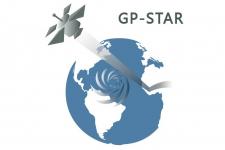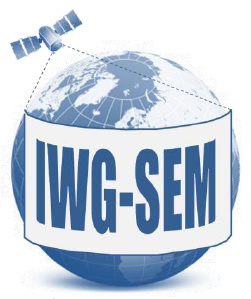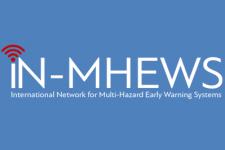In order to promote the use of space-based technologies in disaster management and emergency response around the world, UN-SPIDER engages with a wide range of international networks that include space agencies, civil protection agencies, government ministries, international and regional organizations, United Nations entities academia, civil society and the private sector. Together with these partners, the programme conducts technical advisory support and capacity-building activities, holds conferences and workshops, creates joint publications and facilitates access to the benefits of space-derived information all phases of disaster management.
Regional Support Offices
When the United Nations General Assembly established UN-SPIDER, it tasked the programme with creating a network of regional support offices for implementing the activities of the programme in their respective regions in a coordinated manner and to make use of their experience and capabilities. Since 2009, UN-SPIDER has approached space agencies, international and regional centres focusing on disaster management and Earth observation technologies, centres of excellence in universities, and government agencies to implement and expand this network. Currently, the network of Regional Support Offices (RSO) has 23 institutional members and its contribution to the programme has been highly relevant. Experts from these RSO have accompanied UN-SPIDER in technical advisory and institutional strengthening missions. They have also conducted trainings using UN-SPIDER’s Recommended Practices.
In addition to this, UN-SPIDER plays a key role in three international networks: The Global Partnership using Space-based Technology for Disaster Risk Reduction, the International Network on Multi-Hazard Early Warning Systems (IN-MHEWS) and the International Working Group on Satellite-Based Emergency Mapping (IWG-SEM).
GP-STAR
The Global Partnership Using Space-based Technology Applications for Disaster Risk Reduction (GP-STAR) spearheads efforts towards the incorporation of the use of space-based technologies, applications and Earth observation in the context of the Sendai Framework for Disaster Risk Reduction 2015 - 2030. UN-SPIDER joins forces with more than 20 global partners to showcase and facilitate the use of space-based technologies for disaster risk reduction efforts worldwide.
IN-MHEWS
The International Network on Multi-Hazard Early Warning Systems (IN-MHEWS) compiles and disseminates lessons learnt regarding early warning and increases the efficiency of investments in multi-hazard early warning systems for stronger societal resilience. UN-SPIDER partnered with the United Nations Office for Disaster Risk Reduction (UNISDR) and the World Meteorological Organization (WMO) to launch the network, which organizes international fora, seminars and conferences to facilitate the exchange of ideas, expertise and good practices on MHEWS.
IWG-SEM
The International Working Group on Satellite-based Emergency Mapping (IWG-SEM) works towards improved cooperation, communication and professional standards among the global network of satellite-based emergency mapping providers. IWG-SEM is open to membership by representatives of not-for-profit organizations active in satellite emergency mapping and meets biannually.

